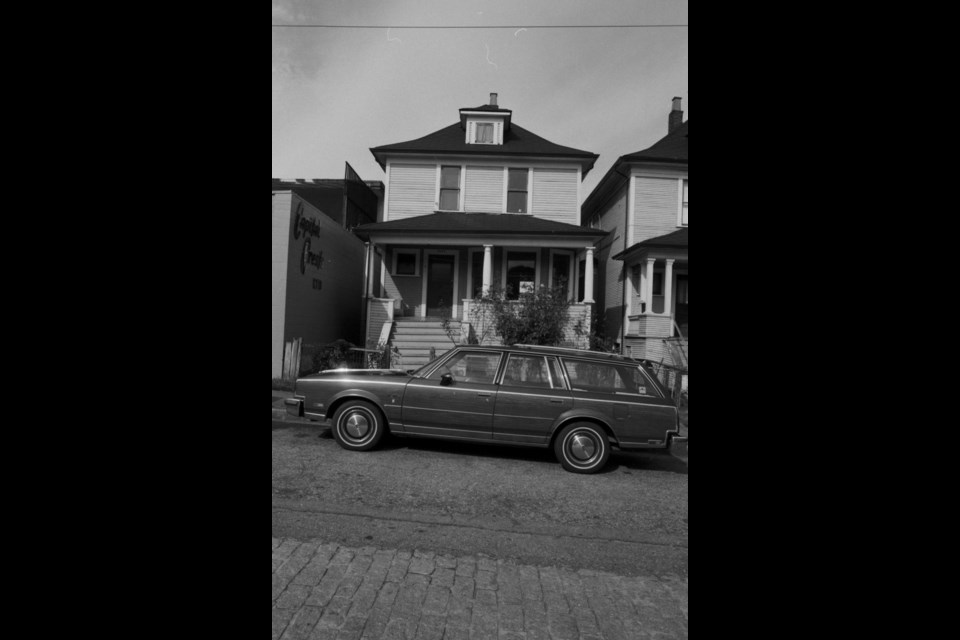You may have noticed that in certain parts of Vancouver smooth city roads give way to brick.
The thud-thud-thud of tires on uneven paving is expected in the cobblestone streets of Gastown but can perhaps be jarring in areas like Kitsilano or East Vancouver.
The irony is however, the Gastown streets are less historic than the surprise ones. The stones we see today in Vancouver's oldest neighbourhood were laid in the 1970s as part of a beautification program. Whereas, the seemingly random swaths of brick that appear to be bursting through the concrete roads are historic granite, clay brick, and wood paving units from the turn of the century.
"Over time, maintenance and underground utility installations have required the removal of most of these heritage road surfaces," the City of Vancouver tells V.I.A., but "in 1995 the City adopted a policy to minimize excavation on streets with these heritage treatments, and where possible, to maintain the heritage materials or preserve and retain them in storage for use in future restoration projects."
That's why in small parts of the city like on Frances Street in East Vancouver there is a section of granite brick just floating in the modern pavement.
The Vancouver Archives confirms that the section of Frances Street is a remnant of a former street car line. This is not always the case for other patches of brick though and a spokesperson for the archives says "that the paving stones may not necessarily have been original per se, but dated as to when they were put in. For instance, in some areas, prior to paving, streets were built using wood blocks (and later covered by stones or paved over – which may have since been repaved over time)."
They add that it is often difficult to track the history of paving for a particular street section, since the records are arranged by year (and by street or legal description) so there isn’t an easy way to see when/where exactly a street has been paved over time.





